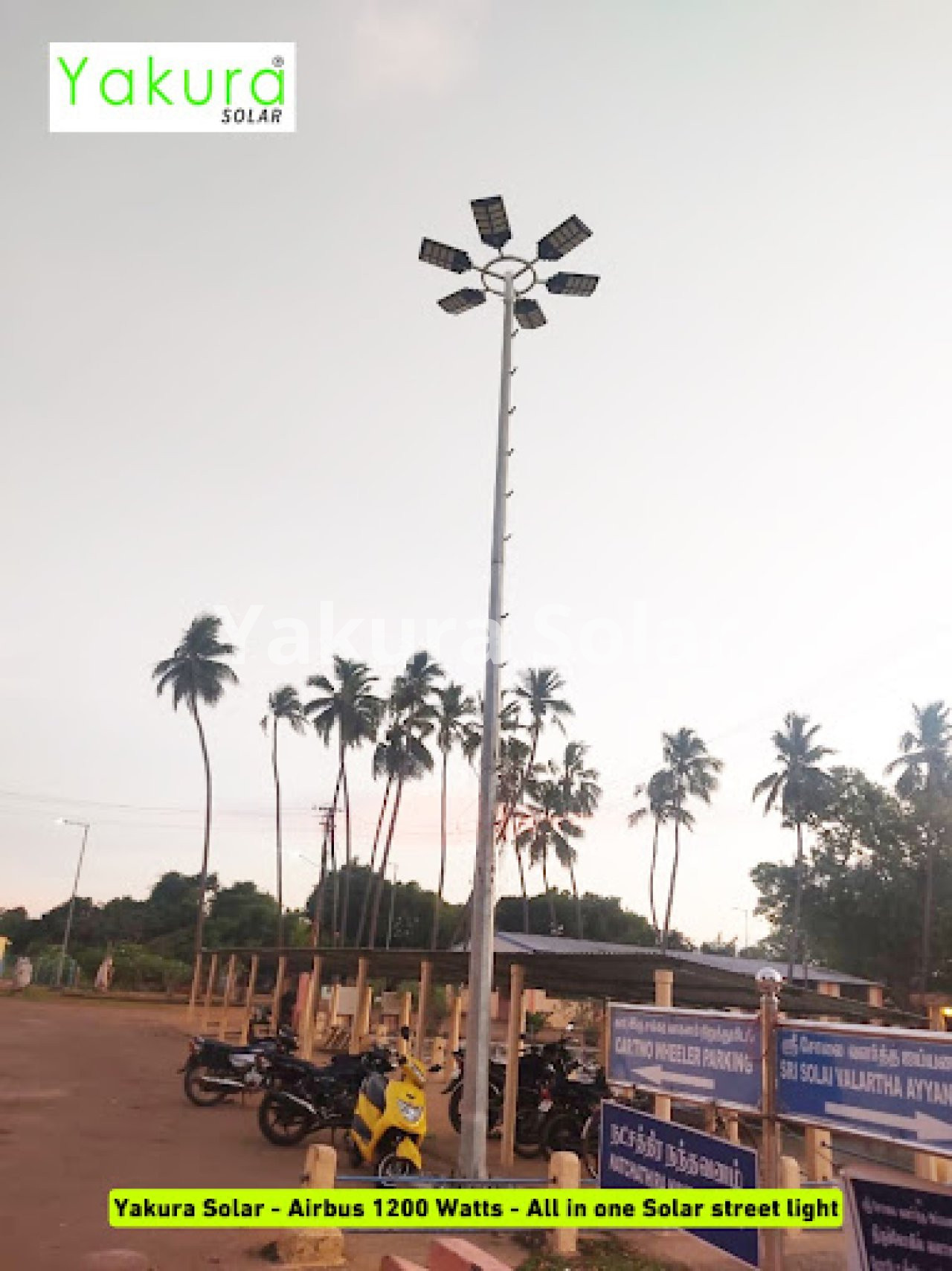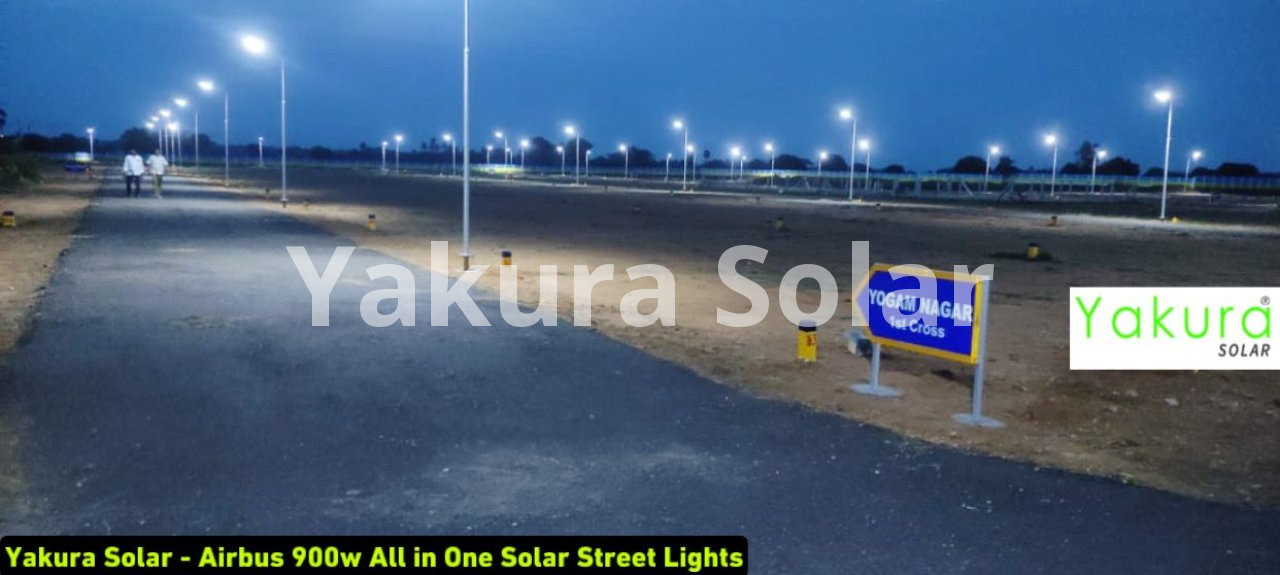Outdoor Solar Light in Bijapur

Outdoor solar lights are lighting fixtures designed to harness energy from the sun during the day and use it to illuminate outdoor areas at night. They are a sustainable and energy-efficient alternative to traditional electric-powered outdoor lighting. :
- Battery: Solar lights have built-in rechargeable batteries, typically lithium-ion or NiMH (Nickel-Metal Hydride), to store the energy generated during the day. The battery's capacity determines how long the light can operate at night on a full charge.
-
LED Lights: Most outdoor solar lights use LED (Light Emitting Diode) bulbs. LEDs are highly energy-efficient and have a long lifespan, making them ideal for solar-powered applications.

- Dusk-to-Dawn Sensors: Many solar lights have built-in sensors that automatically turn the lights on at dusk and off at dawn, providing hassle-free operation.
-
Motion Sensors: Some solar lights are equipped with motion sensors, which activate the light when motion is detected nearby. These are often used for security or to enhance safety in outdoor spaces.
-
Types of Solar Lights:
- Path Lights: Designed for illuminating walkways, driveways, and garden paths.
- Solar Spotlights: Used for accent lighting to highlight specific objects or landscape features.
- Solar Floodlights: Provide broader and brighter illumination for larger areas or security purposes.
- Solar Wall Lights: Mounted on walls or fences to light up outdoor areas and enhance security.
- Solar String Lights: Used for decorative purposes, such as illuminating outdoor spaces during holidays or special occasions.
-
Installation: Solar lights are generally easy to install since they don't require wiring or a connection to the electrical grid. They can be staked into the ground, mounted on walls, or placed on flat surfaces, depending on the type of light.
-
Benefits: The primary advantages of outdoor solar lights include energy savings, environmental friendliness, ease of installation, and the ability to provide lighting in remote or off-grid areas.
-
Limitations: Solar lights depend on sunlight for charging, so they may not work well in heavily shaded areas or during extended periods of cloudy weather. Their brightness may also be affected by the battery's capacity and the quality of the solar panels.




